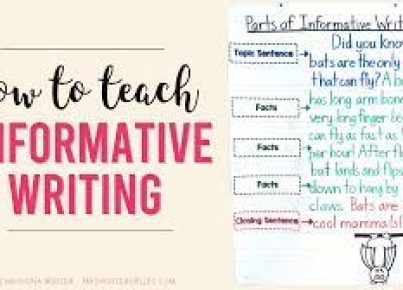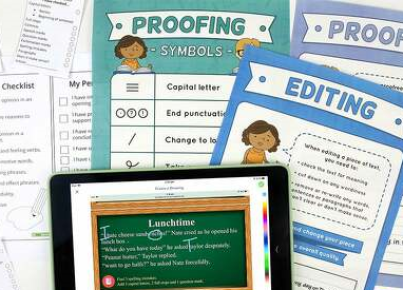Introduction:
There’s no denying that great writing skills can set you apart from the crowd. Whether it’s for professional or personal use, writing effectively, and coherently enables you to communicate your thoughts and ideas effortlessly. Here are some practical tips and techniques to help you improve your writing skills.
1. Read Widely:
The more you read, the more exposure you gain to different writing styles, genres, and structures. It helps expand your vocabulary and learn different ways of expressing thoughts.
2. Plan Your Writing:
Before starting any writing project, create an outline or make notes about the points you want to cover in your document. This will not only give your work structure but will also make it easier for your readers to follow along.
3. Practice Daily:
Writing consistently is essential for improving your skills. Allocate time each day to write about anything that interests you — from daily experiences to world events. This consistent practice helps refine your writing style over time.
4. Edit and Revise:
Editing is crucial for quality control in writing. Take a step back before re-reading what you have written, as this allows you to approach it with fresh eyes. Check for grammar, punctuation, sentence structure, and word choice issues, then revise accordingly for a polished result.
5.Improve Your Vocabulary:
A strong vocabulary not only broadens the spectrum of your expression but also adds precision and clarity in conveying ideas. Make it a habit to learn new words regularly, use them in context, and understand their nuances.
6. Seek Feedback:
Share your writing with others and request feedback – both positive and negative. Reviews can provide valuable insights into areas where improvements can be made, helping you fine-tune your skills.
7. Know Your Audience:
It’s essential to consider who you’re writing for as this dictates the tone, vocabulary, and style of your writing. Understanding your audience will ensure your message is delivered effectively and appropriately.
8. Master Grammar and Punctuation:
Good grammar and punctuation are integral to clear, coherent writing. Invest time in learning and practicing these skills to avoid common errors that can hinder your reader’s understanding.
9. Avoid Jargon and Clichés:
Using too much jargon or clichés in your writing may confuse or alienate readers. Keep your language simple, clear, and focused on the main ideas for maximum impact.
10. Write Concisely:
Being concise means conveying the desired information using as few words as possible. Eliminate any unnecessary words or phrases, resulting in a more streamlined and effective piece of writing.
Conclusion:
Improving your writing skills takes time, dedication, and practice. By implementing the tips mentioned above, you’re well on your way to becoming a more proficient, polished writer. So, start today – read widely, practice daily, revise thoughtfully, and reap the benefits of improved communication!




